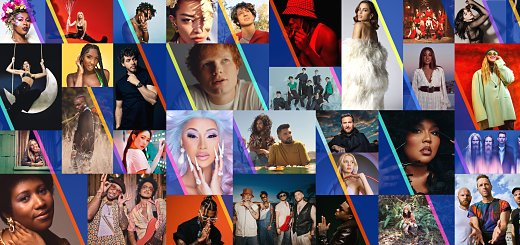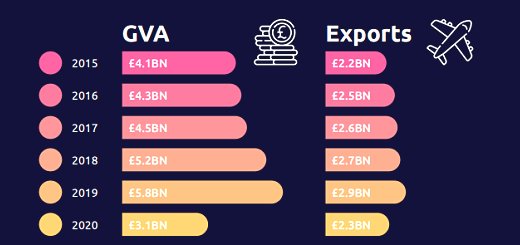Video games is a sector which targets fundamentally the same market as music, and has done so outrageously well over the past two decades, Music Business Worldwide argues and looks to find lessons for music. MBW picks out five potential areas:
1. Embracing technology - every great new technology ultimately expands the market for entertainment
2. Diversity of channels - the increasingly overwhelming dominance of premium streaming means music is well on its way to being effectively a single format business again
3. Proactive marketing at all demographics - music may be universal but only a minority have an active commercial relationship with it
4. Deal with the limitations of exclusive rights - copyright needs to be used to facilitate new ideas, rather than to block them
5. View the consumers as an equal - more than ever, popular culture is about the fan as much as it is about the art itself
6. Music needs to embrace its future - the example of the games business shows the benefits of developing a portfolio of channels to market





















